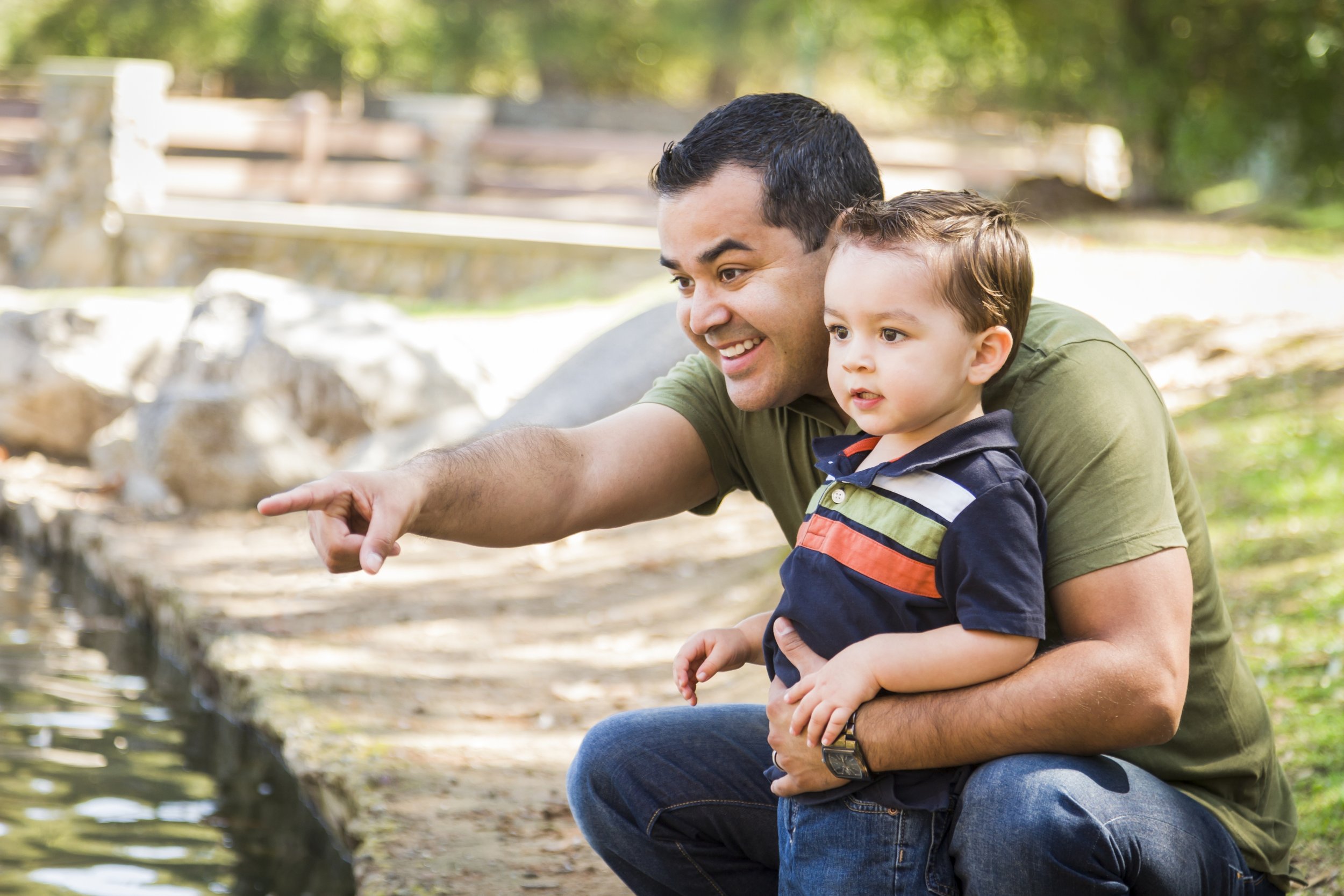
Infant Mental Health
Supporting and Strengthening Relationships
Infant Mental Health is synonymous with how well a young child develops socially and emotionally. Our focus is on helping young children and their families recover and heal after stressful and traumatic events through Child Parent Psychotherapy (CPP) while respecting family and cultural values. CPP is therapy for young children (birth to age 5) and their parents/caregivers. CPP focuses on the following:
Caregivers are the Most Important People in their Children’s Lives:
Parents/caregivers know their children best and are central to their development
Stressful experiences affect the parent-child relationship
Young children rely on their parents/caregivers to feel safe
When Difficult Things Happen, Young Children Need Parents and Caregivers to Help Them:
Make sense of what their family went through
Know what they can expect in the future
Learn to cope with challenging negative emotions
CPP may help when:
Children have been through scary or painful events such as
Loss of a loved one
Separation
Serious medical procedures
Abuse or violence at home or in the community
Children show difficult behavior
Children have a change in placement or caregivers
Family members have physical health or mental health difficulties
Caregivers would like help with parenting and improving parent-child relationships
During CPP, we work together through the following 3 stages:
STAGE 1: Getting to know the family
We spend time meeting alone with parents/caregivers to understand the family's
Need and challenges
Strengths and values
History and experiences
We may use questionnaires to make sure we don't miss anything
If needed, we connect families to resources and services
We make a plan for how CPP will help your family
STAGE 2: Addressing the family’s needs
We usually meet once a week with the parent/caregiver and the child
If old enough, we first help children understand
Who we are
Why we are meeting
What we will do together
We often use toys because young children show feelings and thoughts through play
We may meet alone as adults
We help parents and children to
Understand each other
Talk and play about difficult experiences
Respond to difficult feelings and behaviors
Create a family story that leads to healing
When children are very little, we help parents/caregivers understand
How what they've been through may affect their development and their relationships
Ways to help them feel safe
Ways to strengthen caregiver-child relationships as a way to help the child heal
STAGE 3: Wrapping up and planning for the future
We celebrate changes families have made
We talk about how parents/caregivers made changes happen
We consider how endings and goodbyes may bring up different feelings
We talk about what will be needed in the future

